
'Shadow AI' could lead to a wave of insider threats
Poor data controls and the advent of new generative AI tools based on Large Language Models (LLMs) will lead to a spike in insider data breaches over the coming year, says cybersecurity company Imperva.
As LLM-powered chatbots have become more powerful, many organizations have implemented complete bans or restricted what data can be shared with them. However, since an overwhelming majority (82 percent) have no insider risk management strategy in place, they remain blind to instances of employees using generative AI to help them with tasks.

Cybercriminals use AI to make malware less detectable
Cybercriminals are using AI-created malware that is adept at avoiding detection by traditional antivirus models, according to the latest report from Acronis.
The report also finds email attacks and ransomware cases have exploded relative to last year. Acronis-monitored endpoints are picking up valuable data about how cybercriminals operate and how some attacks have become more intelligent, sophisticated, and difficult to detect.
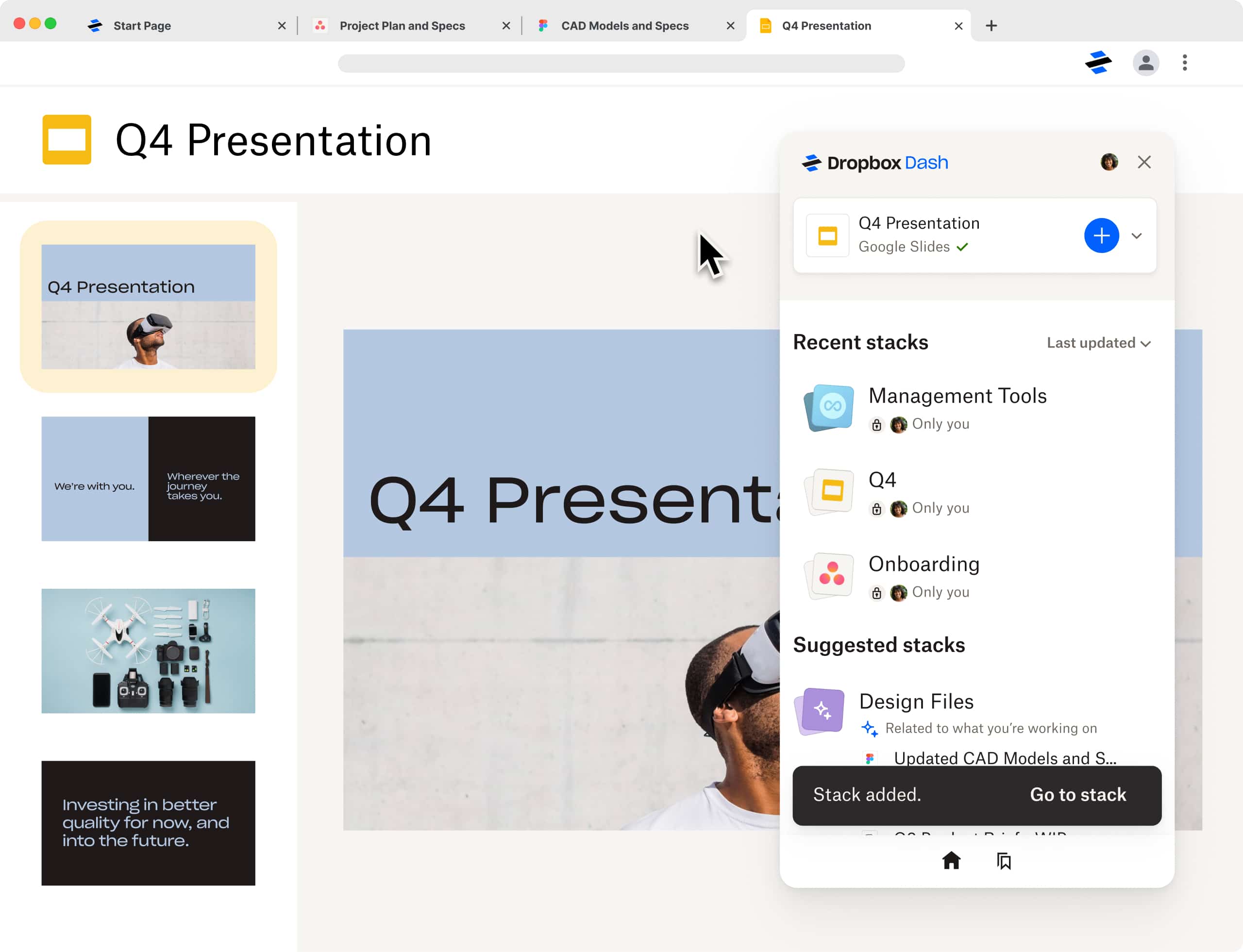
Dropbox introduces new AI-powered productivity features
Cloud storage provider Dropbox is launching two new AI-powered productivity tools -- though they're not available to everyone just yet.
Dropbox Dash is a universal search that connects all of your tools, content, and apps in a single search bar to help you easily find what you need. There's also Dropbox AI, a new feature that lets customers quickly summarize and get information from their Dropbox files.

Why Google's new AI search may be a bad deal for users
Google says its new generative AI feature will start a "new era of search" by "unlocking new types of questions" and "transforming the way information is organized." But a closer look at Google’s own promotional materials reveals a downside: you may have to face a barrage of ads every time you use it. But how many ads is too many? For Google, it seems, there is no limit.
Google offered a sneak peek at ad placements in its brand new Search Generative Experience (SGE) at an event for advertisers on May 23. There, Google revealed that ads would not only appear before and after the AI-powered snapshot, as originally announced, but would also infiltrate the AI-generated responses. And if the example Google gave is anything to go by, it's not a pretty sight.

A better way to conduct enterprise penetration testing
Penetration testing for enterprise security operationalizes the function of security testing for an organization's offensive security program.
Centralizing penetration testing into a core function of the enterprise can provide significant ROI; however, it also requires a new level of considerations, that when applied correctly, can significantly improve overall security outcomes.

ChatGPT can generate Windows product keys that allow free upgrades to Windows 11 Pro
It has been hard to ignore ChatGPT this year as the world goes crazy for the AI tool. While the artificial intelligence is still in its relative infancy, it is astonishing just what can be achieved with it; all that's needed is an idea and a cleverly worded prompt.
There are limitations to what it can do, some of which have been hard-coded into it. In theory, ChatGPT won't do anything illegal, or provide access to illegal content. In theory. Just as users found that while the AI wouldn't provide a list of torrent sites when asked, there was a way to bypass the block (by asking for a list of sites to dodge in order avoid encountering illegal content), and so a technique has been unearthed that can be exploited to get ChatGPT to spew out product keys for Windows 10 and Windows 11.
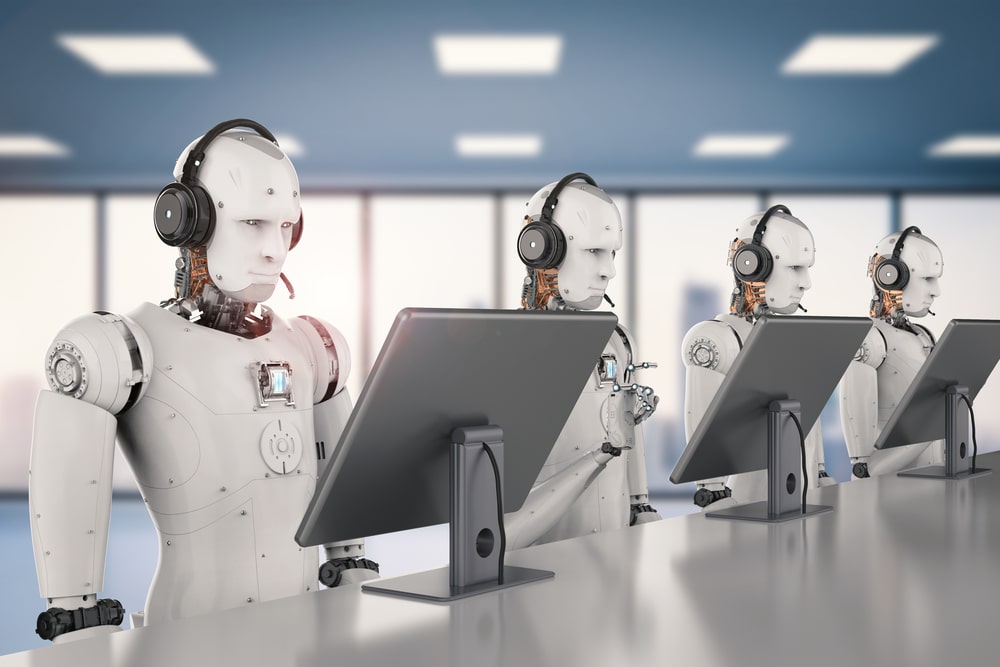
How do you know what's real and what's AI? [Q&A]
The world is increasingly buzzing with stories about AI generated content. Today when you contact a business you might equally well be talking to a bot as a human, but is it possible to spot AI generated content and should we be worried about it?
We spoke to Gaurav Kachhawa, chief product officer of conversational messaging platform Gupshup, to find out how to distinguish AI-generated content, as well as the ethics that surround its use.

Developer enablement tools are changing the workplace -- but not necessarily for the better
A new study from O'Reilly Media looks at how developer enablement tools including GitHub Copilot and ChatGPT are impacting productivity within the workplace.
And the news isn't all positive; almost half of all respondents (46 percent) say they are struggling with AI-assisted low and no-code tools that have steep learning curves and barriers to entry.
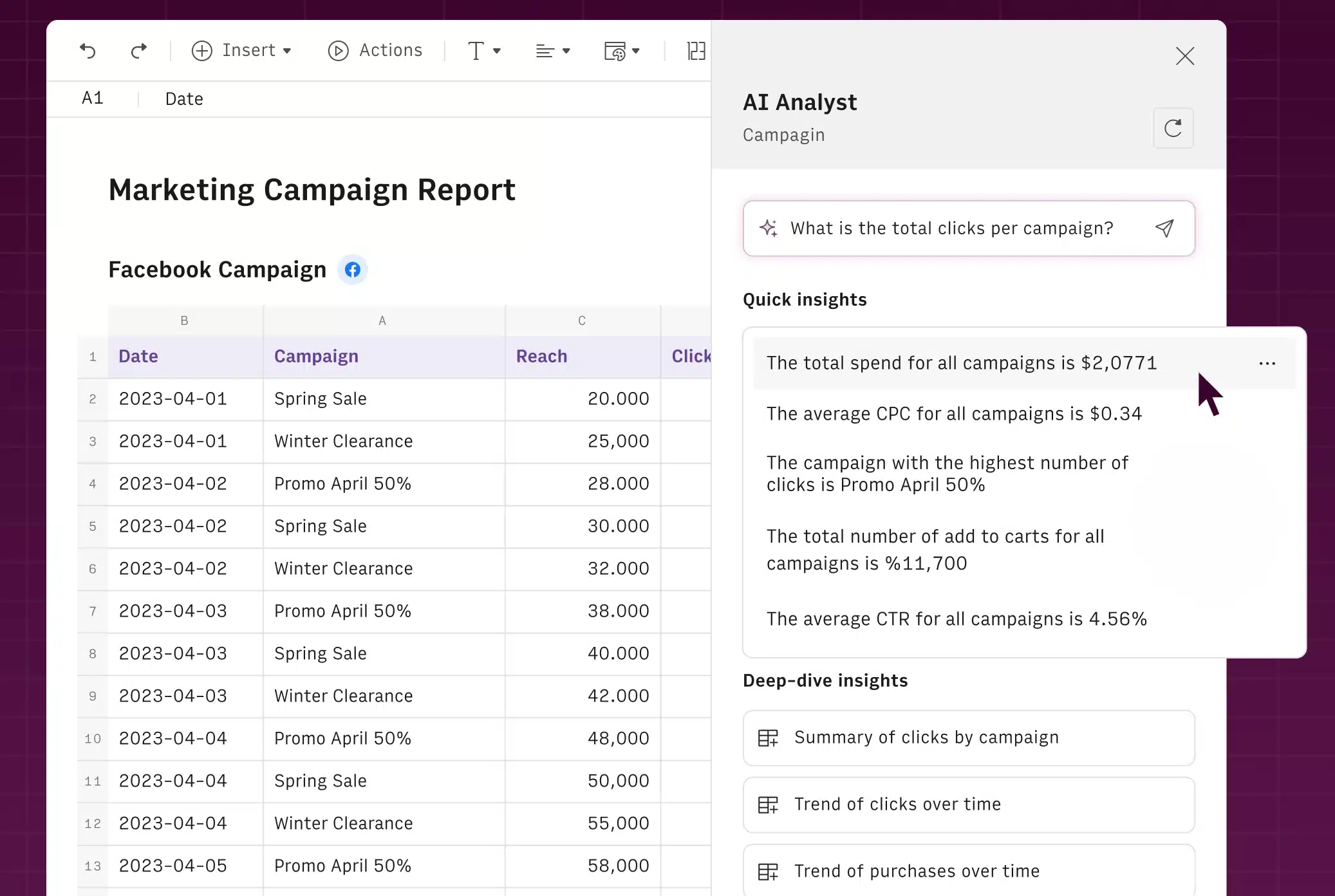
Rows gives you your own personal spreadsheet analyst
Earlier in the year, German spreadsheet company Rows launched its latest product with ChatGPT capabilities built in.
Its now introducing a new feature in the form of AI Analyst which summarizes the main takeaways from any dataset, runs in-depth analysis, and answers any questions you might have about your data.
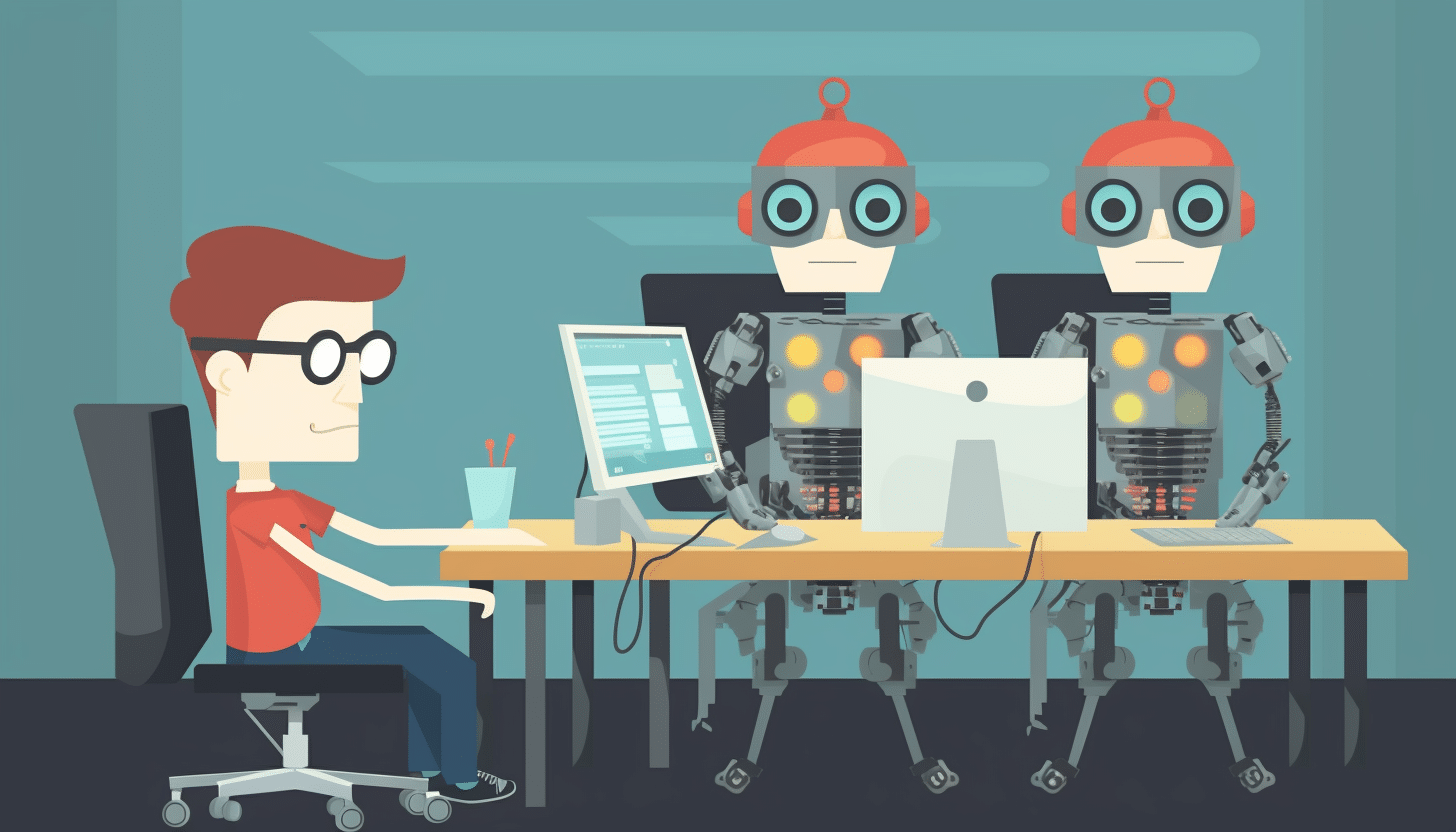
ChatGPT as a development tool? Yes, if used judiciously
Despite the concerns of many programmers about ChatGPT and other generative AI making our profession irrelevant, the software industry will always need skilled human developers to solve hard problems. I’m certainly not ignoring ChatGPT’s ability to generate solid code. It definitely can. But, it’s not anywhere near ready to produce code without human supervision. Its developers are working to improve its accuracy, but ChatGPT currently has a hallucination problem, where it creates content -- including code -- that may look good at a cursory glance but isn’t actually correct.
That said, in the hands of an experienced programmer, ChatGPT can be a powerful development tool that significantly reduces the amount of time it takes to develop a solution. Note, "experienced" is not a throwaway adjective here. For code generation, ChatGPT is a tool that novice developers should employ carefully. You need good instincts for discerning what’s well-formed code and what isn’t, and those skills grow with years of development experience.

The misconceptions around ChatGPT and the potential threat it poses to Google and other search engines
Since its public unveiling at the end of 2022, many have speculated that ChatGPT is the ultimate route for Microsoft to gain market share and overtake Google as the leading provider of search. In fact, some have even gone as far as saying that it will be a Google Killer, ending its supremacy of search engines online. However, the idea of generative AI making search irrelevant is a misunderstanding of what this technology genuinely represents.
If we look at how Google has launched Bard, its alternative to ChatGPT, it’s clear that generative AI is not a threat to search but rather an enhancement. Marketed as a complement to search, Bard represents Google’s entry into the generative AI market and its chance to rewrite the narrative around this technology. With ChatGPT and Bard taking the internet by storm, this distinction is crucial for organizations. While generative AI is powerful, complementing it with search greatly enhances its power and versatility, and may be the perfect solution that businesses have been searching for to gain a competitive edge.

WordPress' AI Assistant can write blog posts for you
Canonical, parent company of the content management platform WordPress, announced the release of a new Jetpack tool. Called Jetpack AI Assistant, it is integrating a "creative writing partner" to WordPress.
The experimental feature is available on WordPress.com and all WordPress sites that use Jetpack. Jetpack is a subscription-based service that adds various plugins and tools to WordPress. These tools include spam protection, security protection, performance tools, and now also the AI Assistant.

Wasted developer time costs businesses billions
UK businesses are inadvertently wasting over £10.4 billion ($12.97 billion) each year as developers manually carry out routine operations tasks that could be automated.
Software delivery platform Harness calculates the figure based on the fact that developers spend only around 52 minutes a day on actual coding.
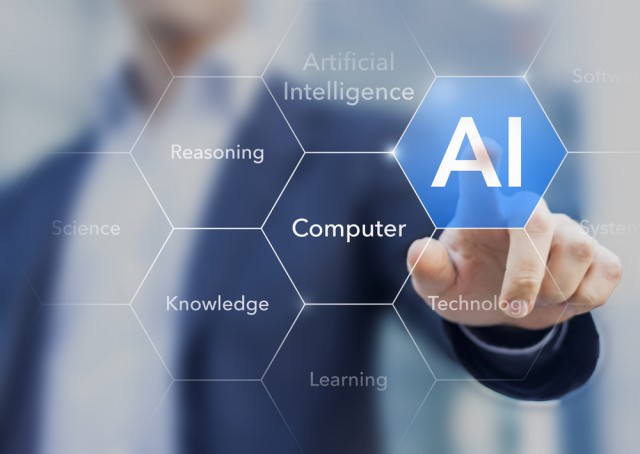
New tools suite aims to open up generative AI for the enterprise
It seems that generative AI is everywhere at the moment, but for businesses understanding how best to make use of the technology can be a bit of a puzzle.
Instabase is aiming to help with the launch of a new AI Hub, this is a repository of AI apps focused on content understanding and a set of generative AI-based tools.

ChatGPT: Navigating the rising financial crime landscape in the digital age
In-depth discussions with financial crime compliance decision makers from 10 leading U.S. financial institutions reveal that real-time digital payments, digital fraud, and cybercrime are the primary concerns for compliance teams in 2023.That said, there is a new player that has entered the scene and demands our attention: ChatGPT. It has the dual ability to help or hurt compliance and security teams.
Because while this cutting-edge technology presents an opportunity for financial institutions to detect and mitigate fraud and financial crime, it also provides criminals with an avenue to commit these acts more easily.
